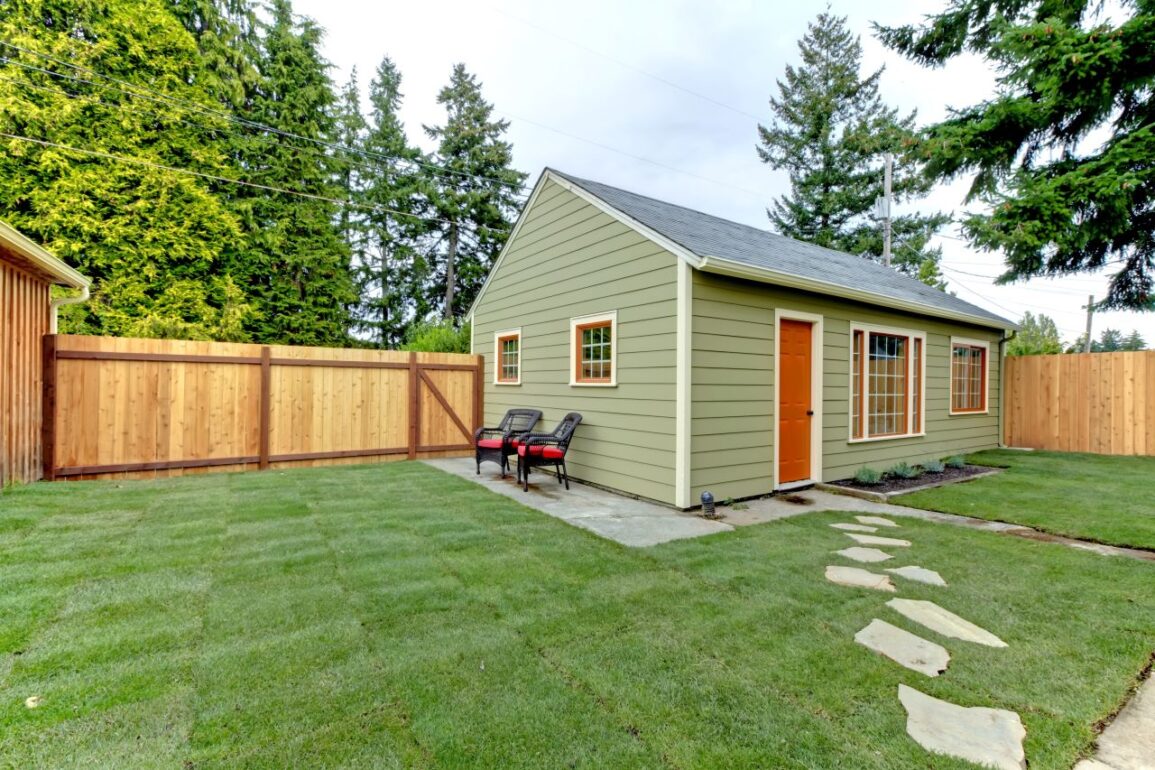The cost of homeownership in Seattle and on the Eastside has long been a barrier to prospective homebuyers, particularly those in lower income brackets, like many of our area’s seniors. With new legislation and discussions arising daily around housing density and zoning regulations, one option that Seattle has favored lately is gaining popularity in Eastside cities: ADUs.
ADUs, or Accessory Dwelling Units, are housing units located on the same lot as a single-family housing unit, duplex, triplex or townhome. They can be attached or detached from the primary housing unit. These units typically take up less space on the property, and can be constructed relatively quickly and attached to utilities, offering a more affordable housing option.
A new piece of legislation, House Bill 1337, seeks to ease regulatory barriers to the construction and use of ADUs, including requiring cities to permit them. According to the bill, more than 10% of ADU residents pay no rent, often being older family members, people with disabilities, adult children and people who otherwise cannot afford rent in a more mainstream housing unit.
The use of ADUs for senior residents presents a unique opportunity for them to age in place. Those on fixed incomes may find it more difficult to keep up with mortgage payments and the cost of living. Adding an ADU to their property could allow for additional income through renting the ADU, or senior residents moving into the ADU themselves and renting their primary home. With relatively low construction costs of around $150,000 – $175,000, it’s a much more affordable option than other new construction options.
The city of Bellevue is currently investigating ADUs as an option for their senior residents, seeking to “strike the right balance between encouraging more housing options while allowing local discretion,” according to Mayor Lynne Robinson.
Kirkland is exploring similar options, having just launched a Pre-Approved DADU (Detached Accessory Dwelling Unit) Program. The program offers a faster, more affordable way to create an accessory dwelling unit on a property by connecting homeowners with city-approved designers to help them through the DADU permitting process.
Though there are many benefits to the use of ADUs and DADUs, Eastside cities are treading carefully to retain their own discretion when it comes to zoning and construction policies, on a neighborhood-by-neighborhood or block-by-clock basis. However, any path toward more affordable housing options in our area, including those that keep seniors in place, is likely to be a fixture of local housing policy going forward.
Information for this article was sourced from 425Magazine and 425Business.



